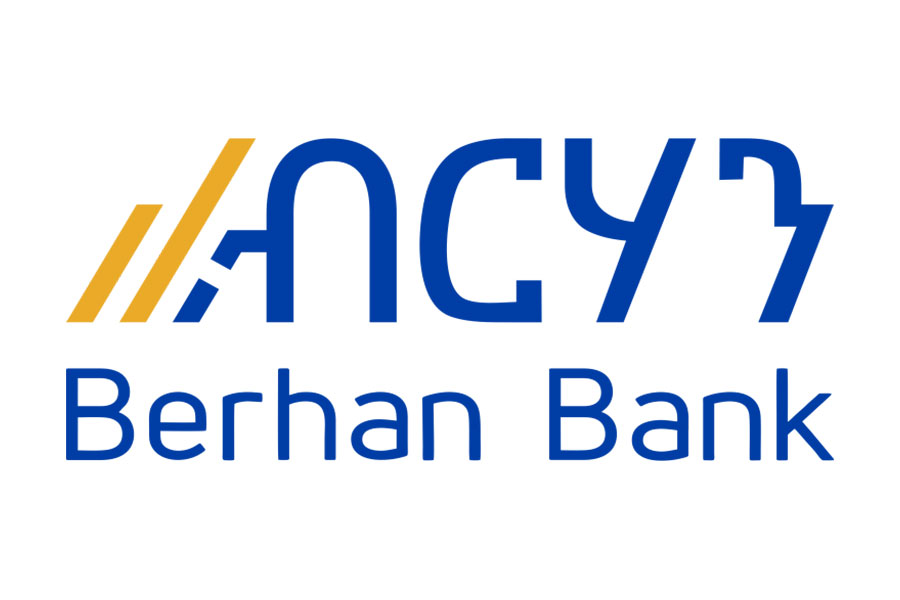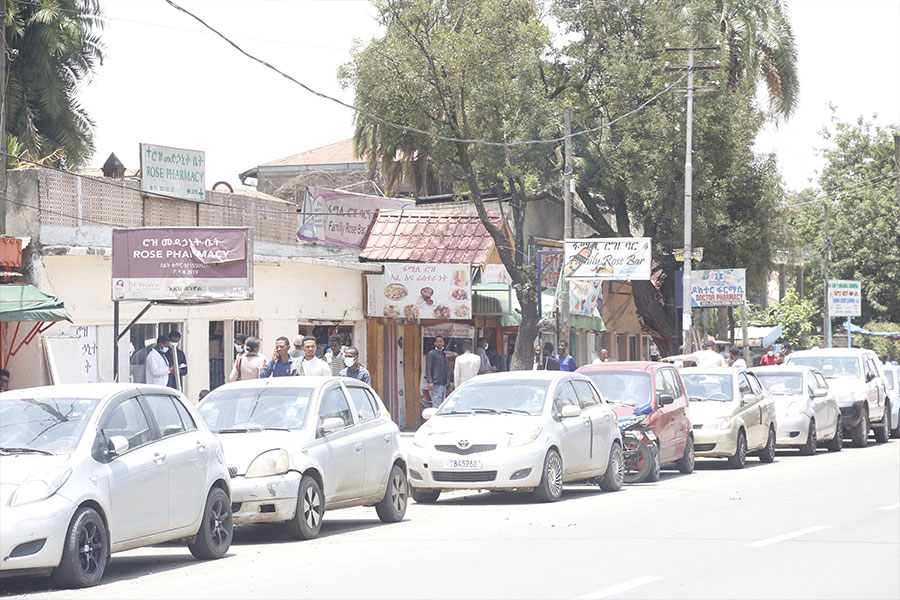
Fortune News | Feb 13,2021
The National Bank of Ethiopia (NBE) has restricted the use of Cash Against Documents (CAD) for exports to Sudan and Somalia. This move comes after identifying a discrepancy between the value of exported goods and the foreign currency repatriated. Advance payments or letters of credit will now be the mandated payment method for these destinations.
Commercial banks are instructed to solely use advance payments or letters of credit for these exports a month ago. A letter penned by Yenehasab Tadesse, director of forex reserve management at NBE, replaces a payment method where buyers are granted a grace period to settle dues after acquiring ownership of shipments through various documents. Although seemingly convenient, Yenehasab said, CAD can leave sellers financially vulnerable due to delayed or defaulted payments.
This recent move by NBE is not the first attempt to safeguard exporters. Ethiopian Coffee & Tea Authority has previously intervened in trade with Middle Eastern and Chinese companies due to frequent complaints from exporters regarding late payments. Shafi Umer, deputy head of the Authority, recounted instances where exporters were forced to seek assistance from local embassies and the Ministry of Foreign Affairs to recover outstanding payments. Shafi revealed that he had cautioned the central bank and the Coffee Exporter Association against contracts with a Chinese firm, LeBunna Trading DMMC.
"We'll ban some of these companies," he told Fortune.
Central bank permits CAD transactions for exports other than khat and livestock, with a higher value of half a billion dollars.
According to Fikadu Digafe, chief economist and vice governor, exports to Sudan and Somalia would likely resume once the outstanding debts are settled. He attributed the new restrictions to the non-settlement of payments amounting to a staggering 50 million dollars for horticulture exports to Somalia alone.
He said ongoing efforts are underway to ensure the repatriation of foreign currency from sesame, coffee, and khat exports over the past few years. These measures include exploring legal action against 134 khat exporters who have failed to properly repatriate foreign currency earnings accumulated over the past 12 years. Fikadu asserted that such actions fall within NBE's legal mandate.
"It is within our mandate," he said.
The decision stems from efforts to address declining foreign currency revenues. Industry insiders are actively exploring multiple solutions, including legal actions and minimum export prices, alongside training exporters.
Agricultural economist Shimelis Araya (PhD) questioned whether the central bank's decision effectively addressed the core issue. He pointed out the prevalence of mispriced invoices in commodity exports, making it difficult to pinpoint whether the discrepancies stemmed from currency hoarding by exporters or non-payment by buyers. He expressed concern that if exporters were defrauded, recovering the funds would be extremely difficult.
Shimeles advocated for a temporary suspension of CAD transactions until the central bank identified the root cause and rectified discrepancies.
"Existing problems should be addressed before resuming," he said.
Sudan has purchased nearly 11,700tns of coffee over the past nine months from Ethiopia, amounting to close to 36.7 million dollars. It shows an increment of seven percent from what was shipped the whole of last year.
Gizat Worku, general manager of the Ethiopian Coffee Exporters Association, expressed his support for the central bank's decision. He acknowledged that the intense competition to secure foreign currency had pressured some companies to rush into CAD transactions without fully comprehending the inherent risks.
"It's difficult to track buyers in conflict-ravaged countries," Gizat told Fortune.
Gizat is collaborating with the Addis Abeba Chamber of Commerce & Sectoral Association to provide exporters with training on international payment mechanisms to facilitate safer transactions. He provided the example of Japanese buyers who request CAD transactions, albeit requiring extended delivery routes and taking several months to finalise. However, they have a proven track record of settling payments on time.
"Such transactions should only be conducted with reliable clients," he said.
The banking sector has responded calmly to the central bank's directive. Teferi Mekonen, president of Oromia Bank, views the decision as a prudent measure. He clarified that while banks facilitate transactions, the deferred payments primarily impact exporters.
Somalia and Djibouti account for 70pc of all horticulture exports which increased in volume by 17pc year on year to around 156,000tns while earnings plummeted by 26pc to 54.3 million dollars.
Ministry of Agriculture had previously observed a discrepancy between rising export volumes and foreign currency earnings. However, Dereje Abebe, director of investments, was unaware that CAD transactions were the root cause. He initially attributed the mismatch to depressed commodity prices, particularly for fruits and vegetables.
"We will soon introduce price floors for exports," Dereje told Fortune.
PUBLISHED ON
[ VOL
, NO
]

Fortune News | Feb 13,2021

Radar | May 08,2021

Fortune News | Mar 06,2021

Fortune News | Oct 20,2024

Radar | Jul 25,2020

Fortune News | May 14,2022

Fortune News | Jan 15,2022

News Analysis | Jul 03,2021

Agenda | Aug 14,2021

Fortune News | Feb 09,2019

Dec 22 , 2024 . By TIZITA SHEWAFERAW
Charged with transforming colossal state-owned enterprises into modern and competitiv...

Aug 18 , 2024 . By AKSAH ITALO
Although predictable Yonas Zerihun's job in the ride-hailing service is not immune to...

Jul 28 , 2024 . By TIZITA SHEWAFERAW
Unhabitual, perhaps too many, Samuel Gebreyohannes, 38, used to occasionally enjoy a couple of beers at breakfast. However, he recently swit...

Jul 13 , 2024 . By AKSAH ITALO
Investors who rely on tractors, trucks, and field vehicles for commuting, transporting commodities, and f...

Oct 18 , 2025
The political establishment, notably the ruling party and its top brass, has become p...

Oct 11 , 2025
Ladislas Farago, a roving Associated Press (AP) correspondent, arrived in Ethiopia in...

Oct 4 , 2025
Eyob Tekalegn (PhD) had been in the Governor's chair for only weeks when, on Septembe...

Sep 27 , 2025
Four years into an experiment with “shock therapy” in education, the national moo...